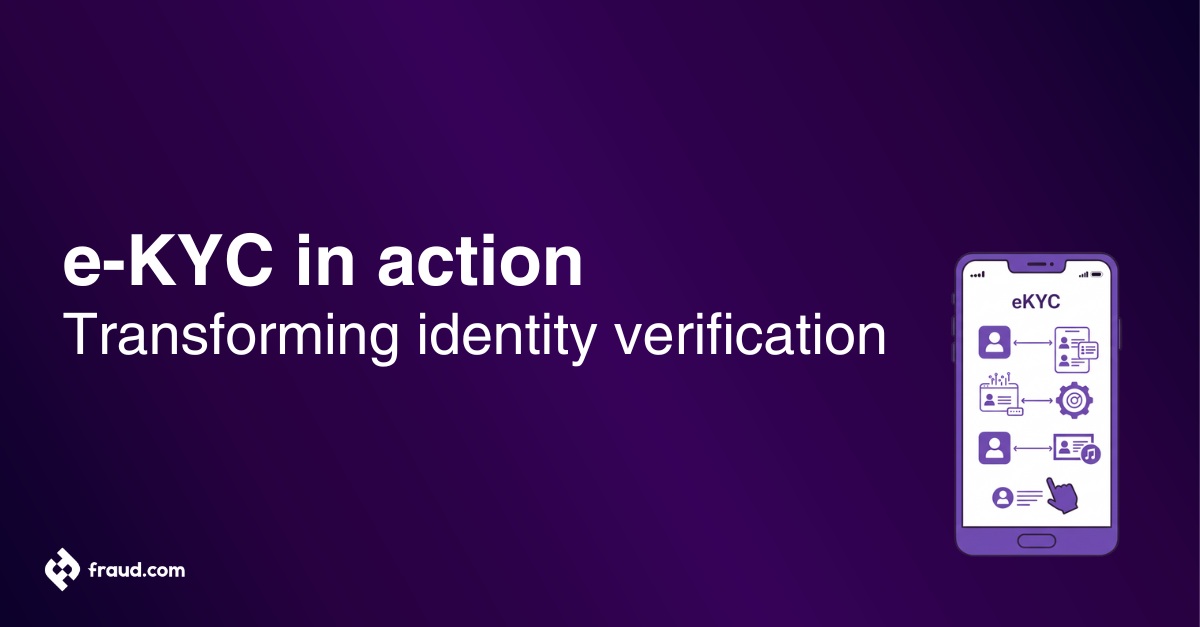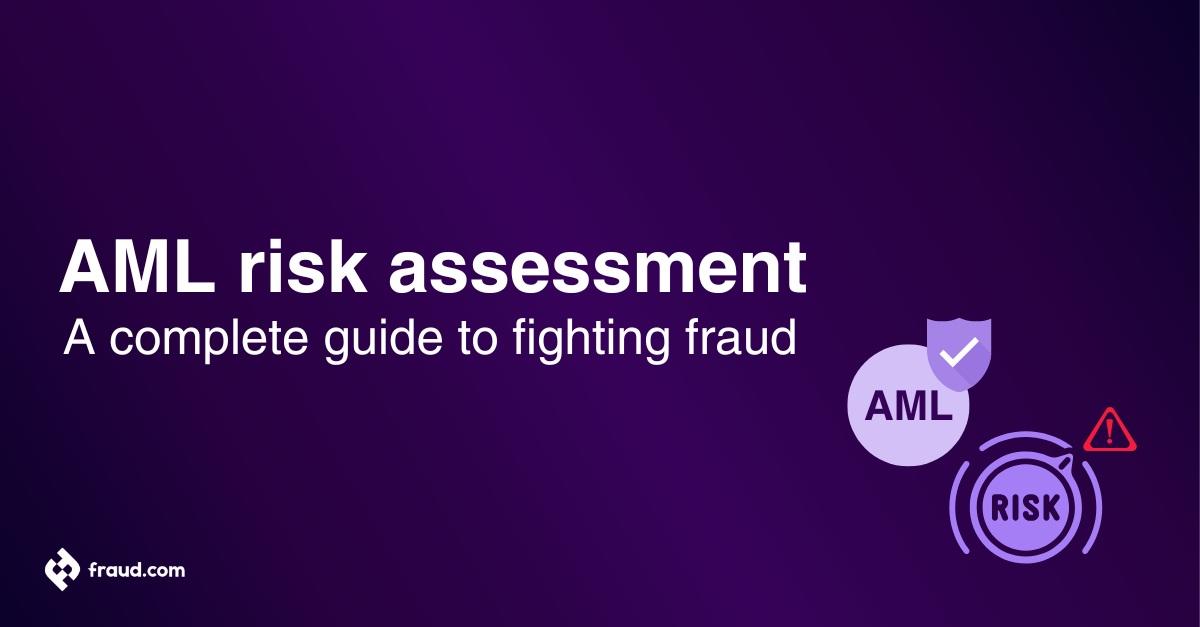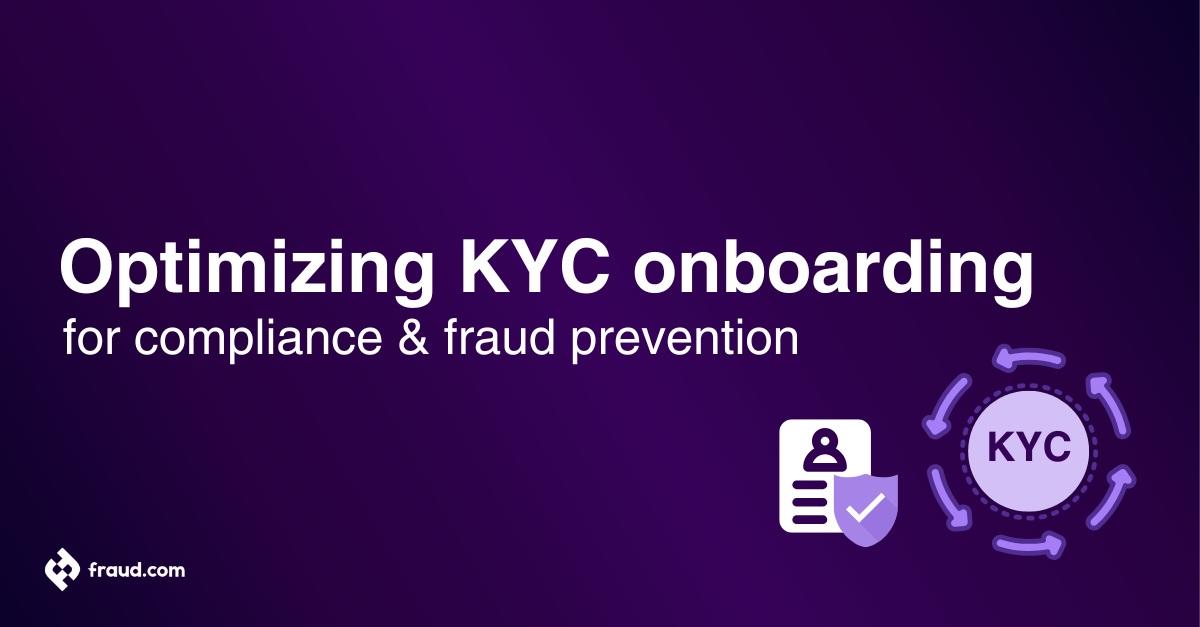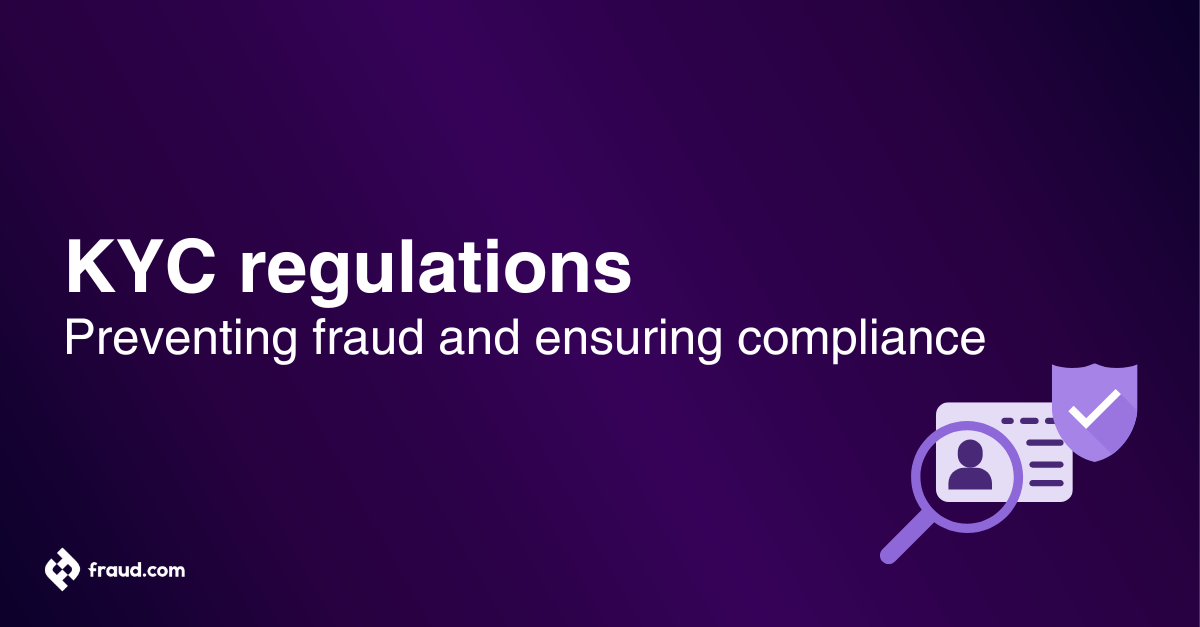Money transfer scams are a growing problem in today’s digital world. As more and more people rely on online money transfers, fraudsters have found new ways to take advantage of unsuspecting victims. These scams involve criminals posing as reputable companies or individuals in order to illegally acquire funds from the victims.
They can range from basic phishing attempts to complex schemes that involve identity theft and financial accounts. It is important to be aware of the different types of money transfer scams and other banking fraud trends and how to avoid them. Knowing the signs of a potential scam and taking steps to protect yourself can help ensure that you are not a victim of fraud.
Table of Contents
ToggleWhat are money transfer scams?
Money transfer scams are a type of fraud that preys on unsuspecting individuals and businesses. In these scams, fraudsters will often use fake emails, texts, or phone calls to convince their victims to transfer money to an account that they control.
The scammer will often use convincing false stories to make their victims believe that the transfer is legitimate, such as fake lottery winnings, inheritance claims, and business opportunities. Once the money is transferred, it is difficult to recover, as the scammer can often be in another country with no way to track them down.
It is essential to be aware of these scams so that you don’t become a victim. If you ever receive a suspicious message, you should verify its authenticity before transferring any money. Additionally, make sure that any third-party payment services you use are reputable and secure. By following these steps, you can keep yourself and your money safe from money transfer scams.
What is the purpose of money transfer scams?
Money transfer scams are one of the most common types of fraud. The purpose of these scams is to steal money from unsuspecting victims by exploiting their trust. The most common approach is to pose as a legitimate business and ask the victim to transfer money in exchange for goods or services. The scammer may even provide false documentation or invoices to make the scheme appear legitimate.
The money is usually sent to a bank account in another country, making it difficult for the victim to trace or recover it. Scammers may also use money transfer scams to launder money or hide illegally obtained funds. They may also use the money for their own gain or to fund other criminal activities. In any case, it’s important to be aware of money transfer scams and to never transfer money to an individual or organisation you don’t know or trust.
Money transfer scams can lead to many other forms of fraud, including bank transfer fraud, bank transfer scams, authorised push payment fraud, and debit or credit card fraud. This is because your personal information such as bank account details can be used to commit many types of fraud.
Tips for understanding money transfer scams
Money transfer scams are becoming increasingly common, and it’s important to know how to spot them. The first tip is to be wary of any requests that ask you to transfer money, especially if you’ve never dealt with the person before. If you do receive a request, ask yourself why they need the money and whether it’s legitimate.
You should also be on the lookout for any requests that ask you to transfer money through a wire transfer service; these services are often used by scammers as they’re hard to trace. It’s also important to question any offers that seem too good to be true; it’s likely a scam if the person is offering an unusually high return on your investment.
Finally, if you suspect someone is trying to scam you, don’t respond to their request and report it to the authorities immediately. By following these tips, you can protect yourself from money transfer scams.
Here is a list of warning signs that could indicate a money transfer scam:
- Suspicious requests for money
- Requests for payment in unusual forms (like gift cards or wire transfers)
- Offers of high returns on investments
- Requests to keep the transaction secret
- Requests to wire money to someone you don’t know
- Requests to pay fees upfront
- It’s also important to be wary of requests to use an untrusted third-party money transfer service, as these are often fraudulent
- Finally, if someone is insisting that you must act quickly or else the offer will expire, it’s likely a scam
If you come across any of these signs, it’s best to proceed with caution and consider other options. By remaining vigilant, you can protect yourself from money transfer scams.
How to protect yourself from money transfer scams?
Money transfer scams are a growing problem, and it’s important to be aware of how to protect yourself. The first step is to be vigilant and not trust any unsolicited offers of help.
Don’t respond to emails, text messages or calls from unknown people, these are often forms of phishing, smishing and vishing. Never send anyone money without doing your due diligence. If you receive an offer that seems too good to be true, it probably is.
Do your research and make sure the business is legitimate. Additionally, make sure to use a secure payment method when sending money. Check for payment protection and look for the padlock symbol to ensure that your data is encrypted.
And if you’re ever in doubt, contact the authorities. By taking these precautions, you can ensure you don’t become a victim of a money transfer scam.
Money transfer scams are becoming increasingly common and it’s important to protect yourself from them. Here are some tips to make sure you don’t fall victim to these scams:
- Never transfer money to someone you don’t know. Even if you’ve received a convincing email or message that seems legitimate, be sure to do your research before sending any money.
- Be sure to always double-check the details of the transfer. Make sure the name, account number, and any other details are correct.
- Always be wary of any unsolicited requests for money, especially if they’re from someone you don’t know. If you’re ever asked to transfer money, double-check that the person or organisation you’re sending it to is who they say they are.
- Use a secure payment system. This will help keep your information safe and ensure that the funds are sent securely and without any delays.
- Avoid using cash or wiring money and opt for methods like bank transfers or PayPal instead.
- Ask for official documentation and make sure all the details match up.
- Be sure to keep track of all your transactions and payments. Keep a record of the details of who you’re sending money to and be sure to check in with them once it’s sent.
Following these steps will help ensure that your money is safe and that you don’t fall victim to any money transfer scams.
Our Solutions – aiReflex
aiReflex, our money transfer scams solution is the perfect way to stay safe while transferring money. Using advanced artificial intelligence, aiReflex can detect and prevent money transfer fraud, protecting you, your customers and their money.
With aiReflex, you can be sure that all transfers you make will be secure and safe. With aiReflex you can monitor all transfers for suspicious behaviour, alerting you to any potential risks. This means that you can rest assured that all transfers are legitimate and risk-free.
Our money transfer scams solution also allows you to easily track and monitor all transfers. aiReflex is the perfect way to ensure you are protected and secure when transferring money. So why risk it? Find out more about aiReflex today!









